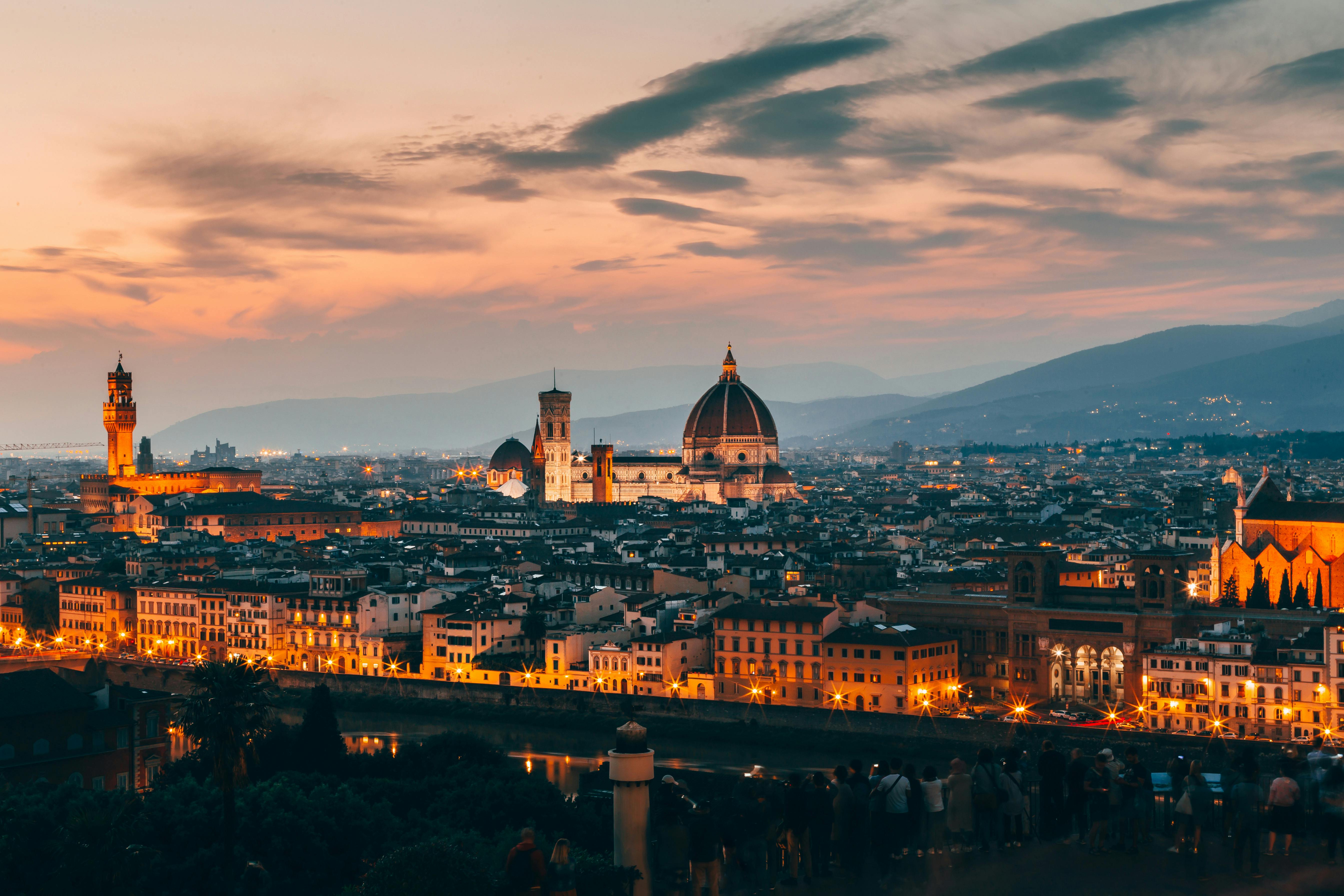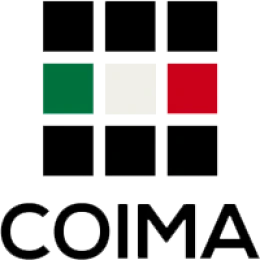
COIMA SGR

 Italy, Rome
Italy, Rome
Italy is a democratic state with a parliamentary form of government, located in the south of Europe in the center of the Mediterranean coast.
The state has a developed economy (it is one of the three most powerful economies in the Eurozone), as well as a large population (Italy is one of the five most populated countries in Europe).
The country was founded at the beginning of the 1st millennium BC and has made an incredible cultural contribution to the development of human civilization.
The Italian Republic ranks first in the world in the number of cultural heritage sites, where entire historical city centers are recognized as UNESCO cultural heritage sites.
The number of tourists who visit Italy every year is more than 65,000,000 people, which exceeds Italy's own population.


 Italy, Rome
Italy, Rome


 Italy, Rome
Italy, Rome

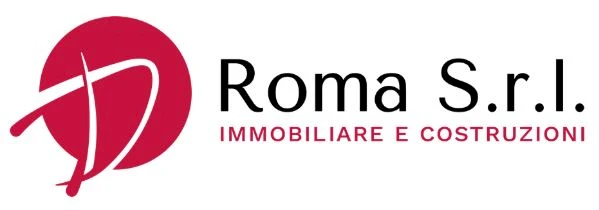
 Italy, Rome
Italy, Rome
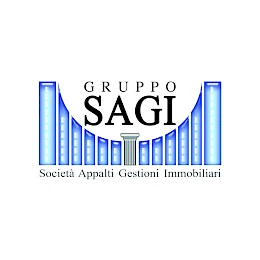
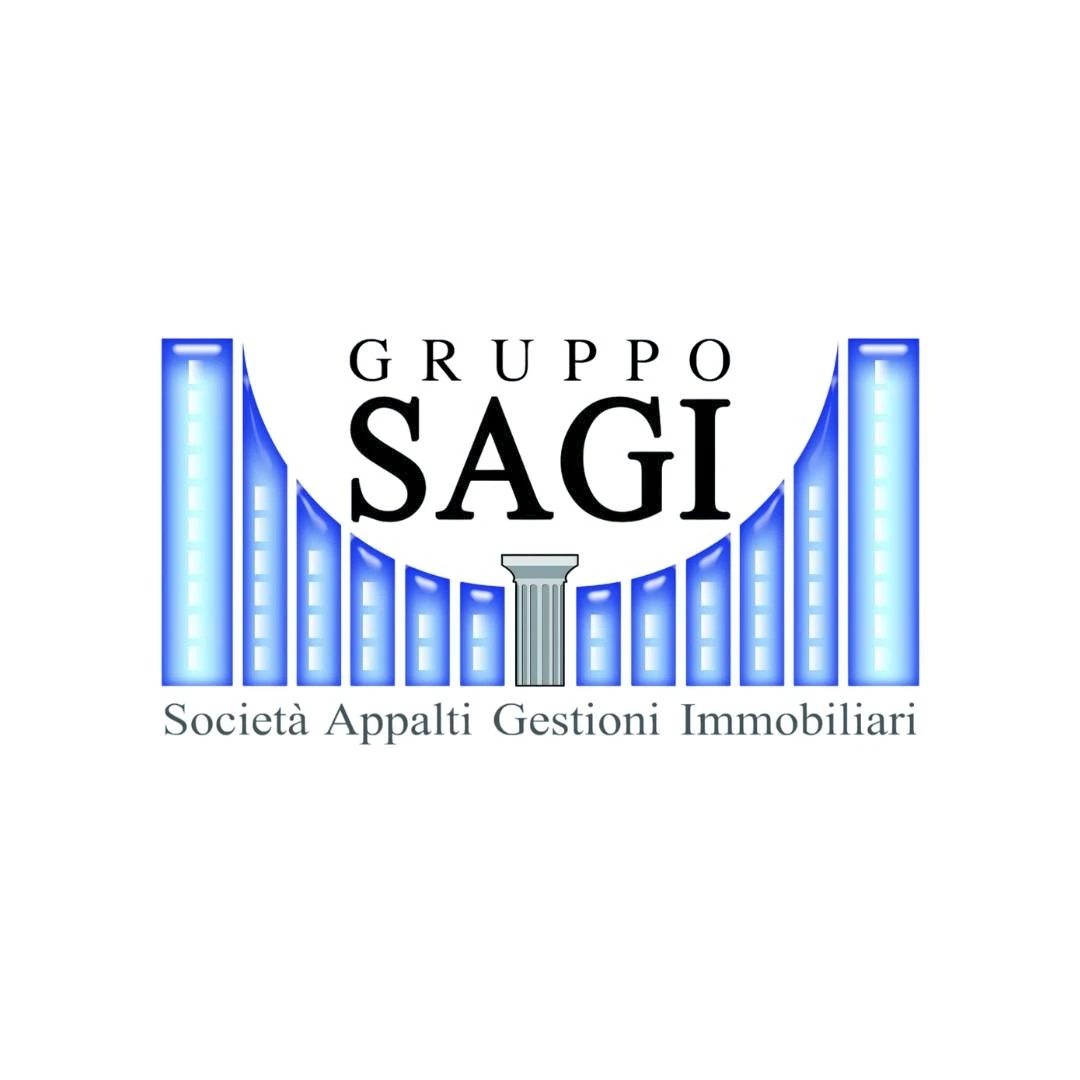
 Italy, Rome
Italy, Rome


 Italy, Rome
Italy, Rome


 Italy, Rome
Italy, Rome


 Italy, Rome
Italy, Rome


 Italy, Rome
Italy, Rome


 Italy, Rome
Italy, Rome


 Italy, Rome
Italy, Rome

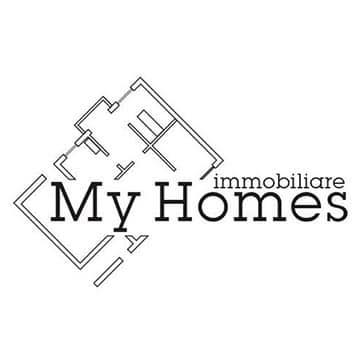
 Italy, Rome
Italy, Rome


 Italy, Rome
Italy, Rome


 Italy, Rome
Italy, Rome


 Italy, Rome
Italy, Rome


 Italy, Rome
Italy, Rome
Italy is a modern, developed democratic country located on the Mediterranean coast of Europe in the southern part of the continent. The country has existed since the 1st millennium BC and has made a tremendous contribution to the cultural heritage of Europe and all of human civilization. Italy holds more historical and cultural treasures than any other country in the world, with 58 UNESCO World Heritage sites, including the entire historic centers of major Italian cities such as Rome, Venice, Florence, Naples, and others.
Every year, more than 65,000,000 tourists visit the Italian Republic, exceeding the country's own population by several million. The country has a developed construction and real estate sector, as well as industries that provide for the construction of residential and commercial real estate, as well as the necessary urban infrastructure. Several thousand developers in Italy and about 12,000 real estate agencies in Italy operate in the country, servicing the country's real estate market. In the Italian Republic there are no restrictions on the purchase of real estate by foreigners, so foreign investors are actively investing money in Italian real estate.
Italian cities have a unique and inimitable atmosphere. Therefore, developers in Italy must not only comply with strict building regulations but also preserve the cultural and historical appearance of the cities. There are several thousand construction companies of varying sizes operating in the country, building all types of properties, from individual housing (houses, mansions, and villas in residential complexes) to modern apartment buildings. Every year, a large number of commercial properties are constructed in Italy.
The construction of buildings in Italy is strictly regulated by national and local laws and regulations. The main regulatory documents governing the construction sector include:
Along with strict adherence to construction standards and the desire to preserve the architectural appearance of Italian cities, local developers actively implement modern technologies in the construction sector.
Using these technologies is not only beneficial in the long run but is also actively encouraged by the government.
Italian and international investors choose residential and commercial properties in Italian cities due to their high investment potential.
Real estate in Italian cities is well-suited for both long-term and short-term rentals due to the large influx of:
Another investment option is purchasing Italian real estate at the early stages of construction for resale at a profit after several years of ownership.
Our website features ratings and reviews of Italian developers and real estate agencies left by property buyers. Carefully reviewing and analyzing the feedback provided on the site will help you form your own opinion on the reliability and quality of developers and agencies, allowing you to make an informed decision about purchasing specific real estate properties from developers or working with real estate agencies.
To make the right choice when buying real estate, and the investment process is safe and effective, check out the rating of real estate developers in Italy and reviews of Italian real estate agencies. This will help you get a complete picture of the market and choose a reliable partner.


